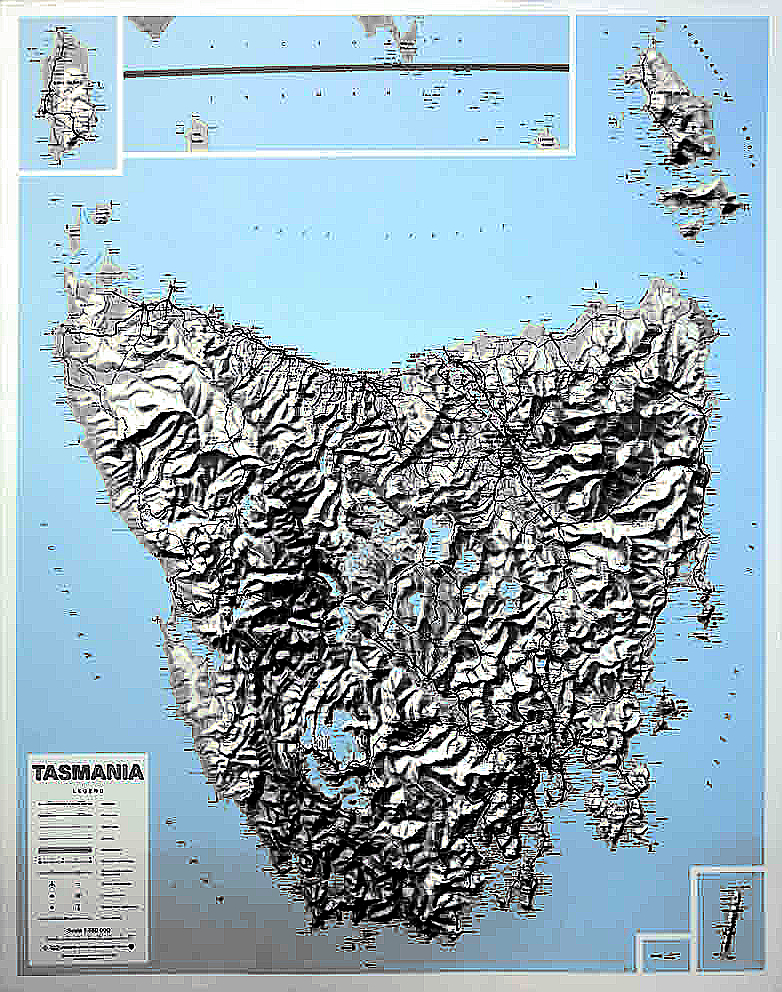LGAT seeks election pledges

Tasmanian council representatives have laid out their wishes ahead of the upcoming state election.
The Local Government Association of Tasmania (LGAT) wants the sector to be considered a crucial partner in any economic, social and cultural change to improve communities, not just a secondary stakeholder.
One of its chief concerns is that councils should retain control of TasWater amid the current government’s attempts to take it over.
Tasmania’s treasurer and local government minister Peter Gutwein has consistently stated that the state government would do a better job of running the water authority, but the LGAT says that a council-owned entity, governed by a skilled board, under the oversight of an independent regulator, will bring about the best outcomes for customers and local communities.
“Significant water and sewerage initiatives have been identified in recent times that have the potential to provide broad shared benefits at a regional level… such as community sustainability and growth in business, tourism and associated jobs - ultimately leading to comprehensive social/cultural and economic change,” the LGAT said in a statement.
But these initiatives are complex, expensive and outside the ordinary business of TasWater.
Still, it wants whoever wins the upcoming election to take no further action on TasWater ownership, and instead have plans addressed by local government and TasWater working in close partnership with the Federal and State Governments.
Another pillar of the LGAT’s election demands (a full list of which is accessible here) is for councils to help guide the shift in Tasmania away from what might be considered traditional industries, towards tourism, service and knowledge-based businesses.
“Improvements in technology have contributed to this change, but there is a great deal more that can be done to allow Tasmania to really benefit at an urban, regional and local level,” the LGAT says.
“A collective focus on supporting connectivity and digital transformation will allow quality information collection and distribution. In turn, this will allow for more effective tourism, services and infrastructure planning, and will lift the capacity to offer new and expanding employment opportunities in the State.”
It wants additional funding for connectivity and digital transformation and calls on the next state government to scale responses so that they suit both large urban areas and smaller regional locations.
The LGAT says councils also want to help with the design and implementation of planning reforms to provide “stability and certainty and not the continual disruptive changes many in the community have become accustomed to”.
To achieve this, the lobby believes the following actions are necessary:
▪ Development of the Tasmanian Planning Policies in partnership with Local Government.
▪ Improvements to the governance and appropriate resourcing of the updating of the regional land use strategies.
▪ Implementation of the Tasmanian Planning Commission’s priority recommendations contained in their report on the State Planning Provisions, particularly the review of residential development standards.
▪ A review and consolidation of the various legislative provisions related to land subdivision








 Print
Print